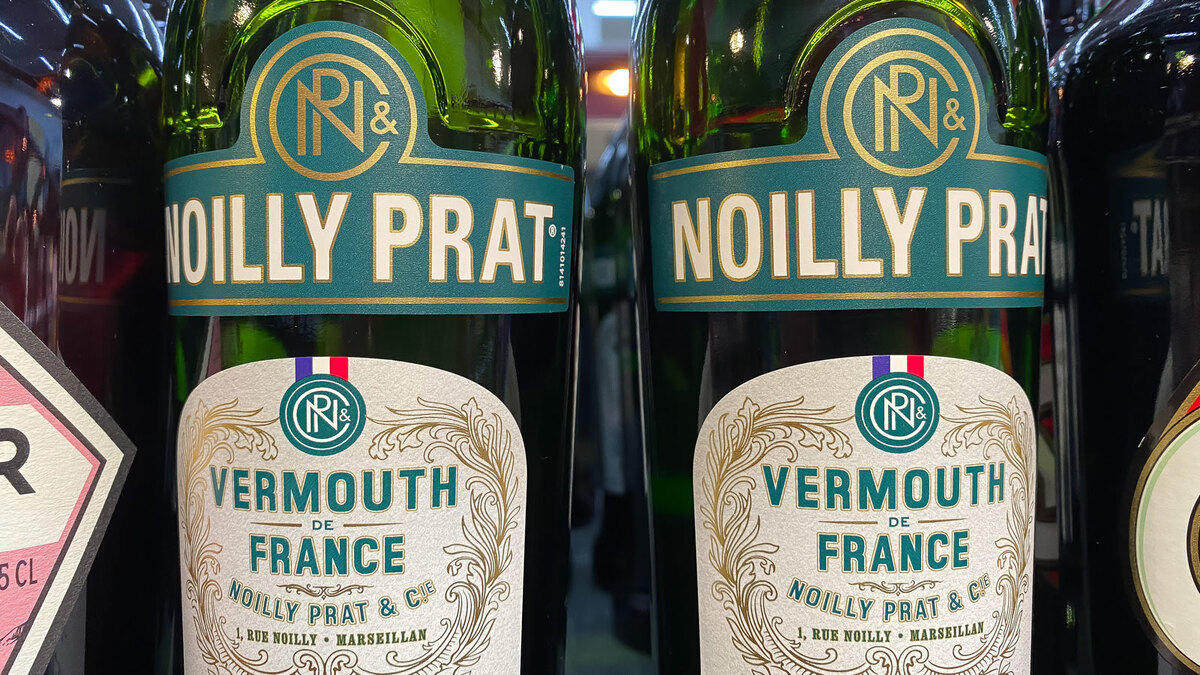

Articles
How To Store Vermouth
Modified: December 7, 2023
Learn the best methods for storing vermouth in this comprehensive article. Discover the tips and tricks to keep your vermouth fresh and flavorful for longer.
(Many of the links in this article redirect to a specific reviewed product. Your purchase of these products through affiliate links helps to generate commission for Storables.com, at no extra cost. Learn more)
Introduction
Vermouth is a fortified wine that has gained popularity in recent years for its versatility and unique flavor profile. Originally created as a medicinal drink in the 18th century, vermouth is now widely appreciated as a key ingredient in classic cocktails such as the Martini and the Negroni. However, to truly enjoy vermouth at its best, proper storage is essential.
Key Takeaways:
- Proper storage is essential for preserving vermouth’s delicate flavors and aromas. Keep it in a cool, dark place, seal the bottle tightly, and consider using a wine stopper or vacuum sealer to extend its shelf life.
- Avoid common mistakes in vermouth storage, such as exposing it to direct sunlight, leaving the bottle uncorked, and subjecting it to fluctuating temperatures. By following best practices, you can maintain the freshness and vibrancy of your vermouth for a delightful drinking experience.
Read more: How To Store Store-Bought Bread
What is Vermouth?
Vermouth is a type of aromatized wine that is infused with a variety of botanicals and spices. It is made by fortifying a base wine with higher-proof spirits and then adding a blend of botanicals such as herbs, roots, flowers, and spices. The exact botanical mixture and recipe vary among different vermouth producers, resulting in a range of flavors and styles.
Importance of Proper Vermouth Storage
The way vermouth is stored can significantly impact its flavor, aroma, and overall quality. Vermouth is a perishable product, and exposure to certain elements can cause it to deteriorate more quickly. This is particularly important for vermouth, as its delicate botanical flavors can be easily affected by environmental factors.
By properly storing vermouth, you can ensure that its flavors and aromas remain intact for an extended period, allowing you to enjoy every sip of this exceptional beverage.
Factors Affecting Vermouth Storage
When it comes to storing vermouth, there are several key factors that can have a significant impact on its quality and longevity. Understanding these factors will help you create the ideal storage conditions for your vermouth collection.
Light Exposure
Exposure to light is one of the most detrimental factors for vermouth storage. Ultraviolet (UV) rays can break down the compounds in vermouth, resulting in a loss of flavor and color. To protect your vermouth from light exposure, it is best to store it in a dark or dimly lit area, such as a cellar or a cabinet away from direct sunlight.
Read more: How To Store Basil From Grocery Store
Temperature
Temperature fluctuations can have a negative impact on vermouth, causing it to age prematurely and lose its flavor. It is important to store vermouth at a consistent temperature to maintain its quality. Ideally, the storage temperature should be around 55°F (12.8°C). Avoid storing vermouth in places that are subject to extreme temperature changes, such as near heat sources or in the refrigerator door.
Air Exposure
Air exposure can also affect the flavor and longevity of vermouth. When exposed to air, vermouth can oxidize, leading to a change in taste and aroma. To minimize air exposure, make sure to tightly seal the bottle after each use. Consider using a wine stopper or a vacuum sealer to remove excess air from the bottle and extend the shelf life of your vermouth.
Bottle Closure
The type of closure used for vermouth bottles can play a role in preserving its quality. Cork stoppers are commonly used, but they can allow small amounts of air to enter the bottle over time. Synthetic or screw cap closures provide a tighter seal, minimizing air exposure and helping to keep the vermouth fresh for longer. When purchasing vermouth, opt for bottles with high-quality closures to ensure optimal storage conditions.
By taking these factors into consideration and implementing proper storage techniques, you can maintain the flavor and quality of your vermouth collection, ensuring a delightful drinking experience every time.
Best Practices for Storing Vermouth
To fully enjoy the distinct flavors and aromas of vermouth, it is essential to store it properly. Follow these best practices to ensure your vermouth remains fresh and vibrant:
Read more: How To Store Arrows
Keeping it in a Cool, Dark Place
When storing vermouth, it is crucial to keep it in a cool, dark place. Exposing vermouth to heat and light can accelerate spoilage and negatively impact its flavor. Find a spot away from direct sunlight, such as a cellar or a cabinet, where the temperature remains consistent.
Closing the Bottle Tightly
After each use, make sure to close the bottle tightly to minimize air exposure. Oxygen can cause vermouth to oxidize and deteriorate more quickly. A tightly sealed bottle will help preserve the freshness and quality of the vermouth over time.
Using a Wine Stopper or Vacuum Sealer
Consider using a wine stopper or a vacuum sealer to remove excess air from the vermouth bottle. This technique will help maintain the integrity of the wine and prolong its shelf life. A vacuum sealer is especially effective as it creates a vacuum seal, preventing oxygen from entering the bottle.
Refrigeration vs. Room Temperature Storage
There is a debate regarding whether vermouth should be stored in the refrigerator or at room temperature. While both options have their advantages, it ultimately depends on personal preference.
Refrigeration can slow down the oxidation process and extend the shelf life of vermouth. If you choose to refrigerate your vermouth, ensure the bottle is tightly closed to prevent other odors from seeping in. However, note that refrigeration can dull some of the vermouth’s flavors.
On the other hand, storing vermouth at room temperature allows the full flavor profile to develop. Just be careful not to expose it to extreme temperatures or direct sunlight. Remember, if you decide to store vermouth at room temperature, consume it within a reasonable timeframe to enjoy it at its best.
By implementing these best practices, you can ensure that your vermouth remains fresh, flavorful, and ready to delight your taste buds in every sip.
Read more: How To Store Roux
Common Mistakes in Vermouth Storage
Proper vermouth storage is crucial for preserving its quality and ensuring a delightful drinking experience. Avoid these common mistakes to maintain the freshness and flavor of your vermouth:
Storing in Direct Sunlight
Exposing vermouth to direct sunlight is one of the most common mistakes in storage. UV rays can degrade the delicate compounds in vermouth, leading to a loss of flavor, color, and overall quality. Always store vermouth in a cool, dark place, away from direct sunlight. This will help preserve its freshness and protect it from harmful UV radiation.
Leaving the Bottle Uncorked
Leaving the vermouth bottle uncorked is a grave mistake that can lead to rapid oxidation and spoilage. Oxygen exposure can cause the vermouth to lose its vibrant flavors and aromas. It is essential to tightly seal the bottle after each use to minimize air contact. This will help maintain the freshness and extend the shelf life of your vermouth.
Exposing the Vermouth to Fluctuating Temperatures
Fluctuating temperatures can negatively impact the quality of vermouth. Extreme temperature changes can cause the liquid to expand and contract, potentially leading to leakage or spoilage. Avoid storing vermouth in areas that experience rapid temperature fluctuations, such as near heat sources or in the refrigerator door. Instead, choose a cool, consistently temperature-controlled storage location to ensure the stability and longevity of your vermouth.
By avoiding these common mistakes, you can safeguard the integrity of your vermouth and enjoy its full range of flavors and aromas. Implementing proper storage techniques will ensure that your vermouth remains fresh, vibrant, and ready to elevate your cocktail creations.
Read more: How To Store Cardstock
Extending the Shelf Life of Vermouth
Vermouth is a delicate and perishable beverage, but there are several methods to extend its shelf life, allowing you to enjoy it for longer periods. Employ these techniques to preserve the freshness and flavor of your vermouth.
Using Inert Gas to Displace Oxygen
Oxygen exposure is one of the main factors that can cause vermouth to deteriorate. By using inert gas, such as Argon or Nitrogen, you can displace the oxygen inside the vermouth bottle, preventing oxidation. These gases act as a protective layer, preserving the flavors and aromas of the vermouth for an extended period.
Transferring Vermouth to Smaller Bottles
Vermouth is often sold in larger bottles, which means that once opened, the remaining vermouth is exposed to air. To reduce the amount of air in the bottle, consider transferring the vermouth to smaller containers. By using smaller bottles, you minimize the surface area exposed to oxygen, helping to slow down the oxidation process and extend the shelf life of your vermouth.
Properly Sealing the Bottle After Each Use
After pouring the desired amount of vermouth, always ensure the bottle is tightly sealed. This will prevent oxygen from entering the bottle and causing premature oxidation. By sealing the bottle properly after each use, you maintain the freshness of the vermouth and prolong its shelf life.
By employing these techniques, you can significantly extend the shelf life of your vermouth, ensuring that it remains at its best and ready to elevate your cocktails. These methods help preserve the delicate flavors and aromas of vermouth, allowing you to enjoy every sip to the fullest.
Read more: How To Store Shisha
Conclusion
Proper storage is crucial for preserving the quality, flavor, and longevity of vermouth. By taking the necessary steps to store your vermouth correctly, you can ensure that it remains fresh and enjoyable, enhancing your cocktail experience. Here is a recap of the importance of proper vermouth storage and some key tips to maintain its quality:
The importance of proper vermouth storage cannot be overstated. Vermouth is a delicate beverage that is susceptible to factors such as light exposure, temperature fluctuations, and air contact. These elements can degrade the flavors, aromas, and overall quality of your vermouth.
To maintain the quality and flavor of your vermouth, consider the following tips:
Store it in a cool, dark place:
Avoid exposure to direct sunlight and store your vermouth in a cool, dark place such as a cellar or a cabinet. This will help minimize light exposure, which can degrade the flavors and colors of the vermouth.
Close the bottle tightly:
After each use, ensure that you tightly seal the vermouth bottle. This will help minimize air contact and prevent premature oxidation, preserving the freshness of the vermouth.
Consider using a wine stopper or vacuum sealer:
To further minimize air exposure, consider using a wine stopper or a vacuum sealer. These tools can remove excess air from the bottle, helping to extend the shelf life of the vermouth.
Read more: How To Store A Couch
Choose the right storage temperature:
While refrigeration can slow down the oxidation process, some prefer to store vermouth at room temperature to allow the flavors to develop fully. Whichever option you choose, ensure the storage temperature remains consistent and avoid extreme temperature fluctuations.
Avoid common mistakes:
Avoid common mistakes such as storing vermouth in direct sunlight, leaving the bottle uncorked, and exposing the vermouth to fluctuating temperatures. These mistakes can have a negative impact on the quality and flavor of your vermouth.
By following these tips and best practices, you can ensure that your vermouth remains fresh, vibrant, and ready to enhance your cocktails for a longer period. Take the time to store vermouth properly, and you will be rewarded with the full depth of flavors and aromas that this unique beverage has to offer.
Frequently Asked Questions about How To Store Vermouth
Was this page helpful?
At Storables.com, we guarantee accurate and reliable information. Our content, validated by Expert Board Contributors, is crafted following stringent Editorial Policies. We're committed to providing you with well-researched, expert-backed insights for all your informational needs.



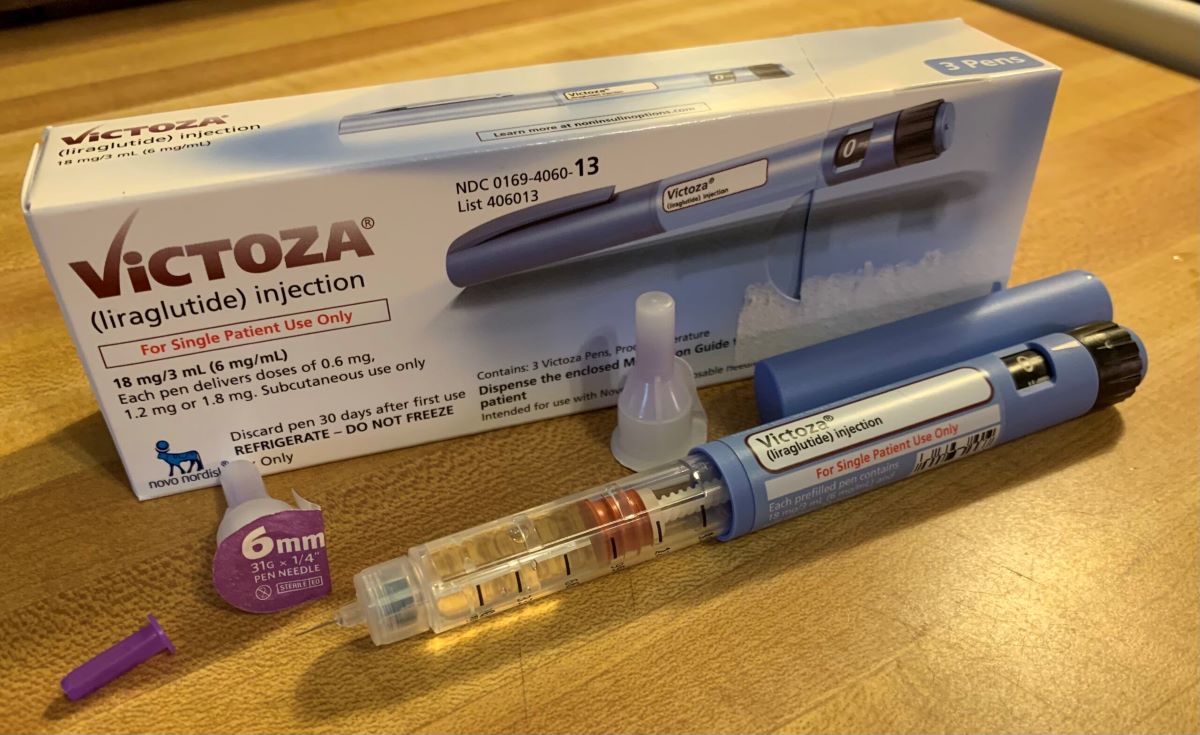
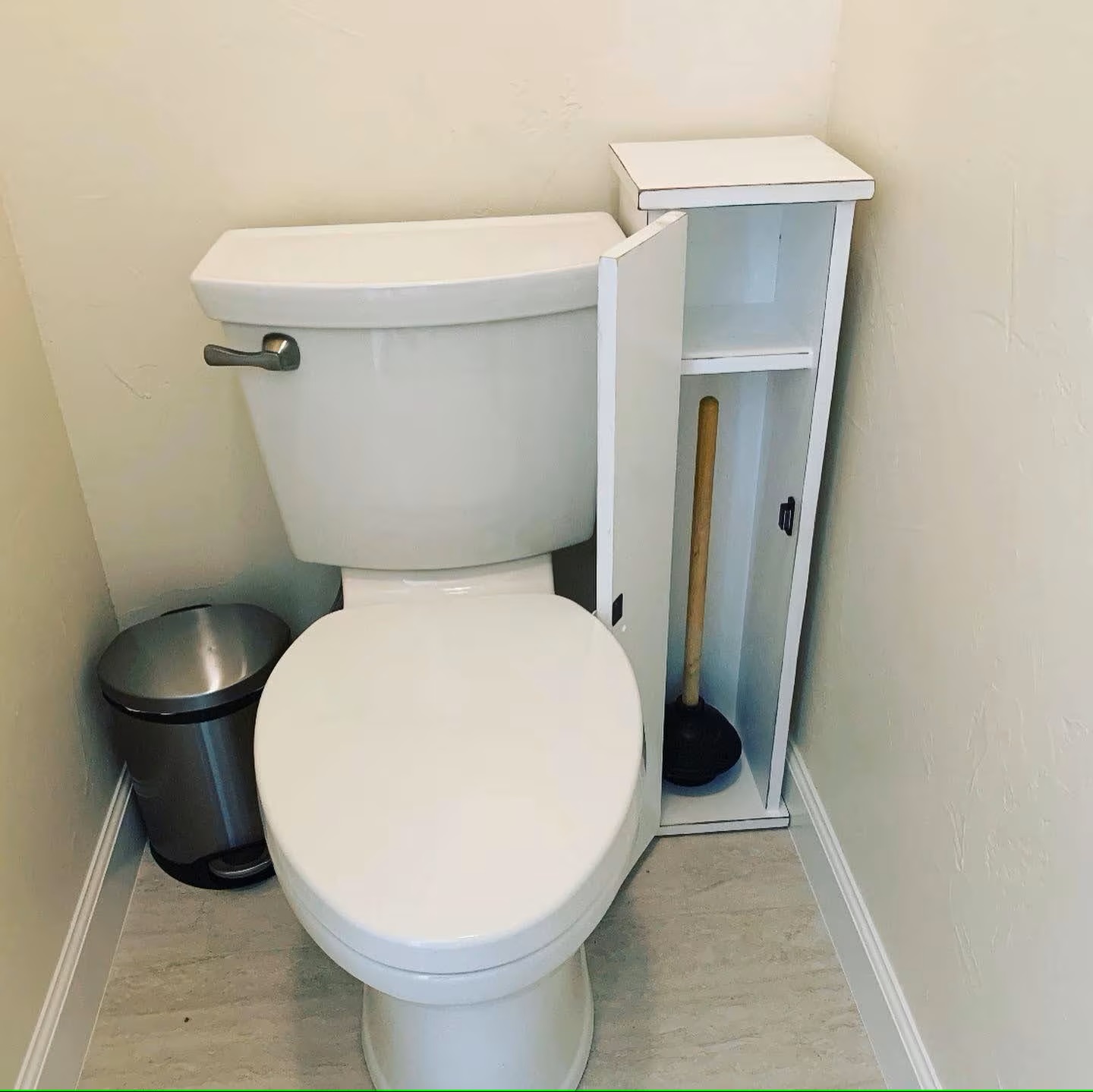
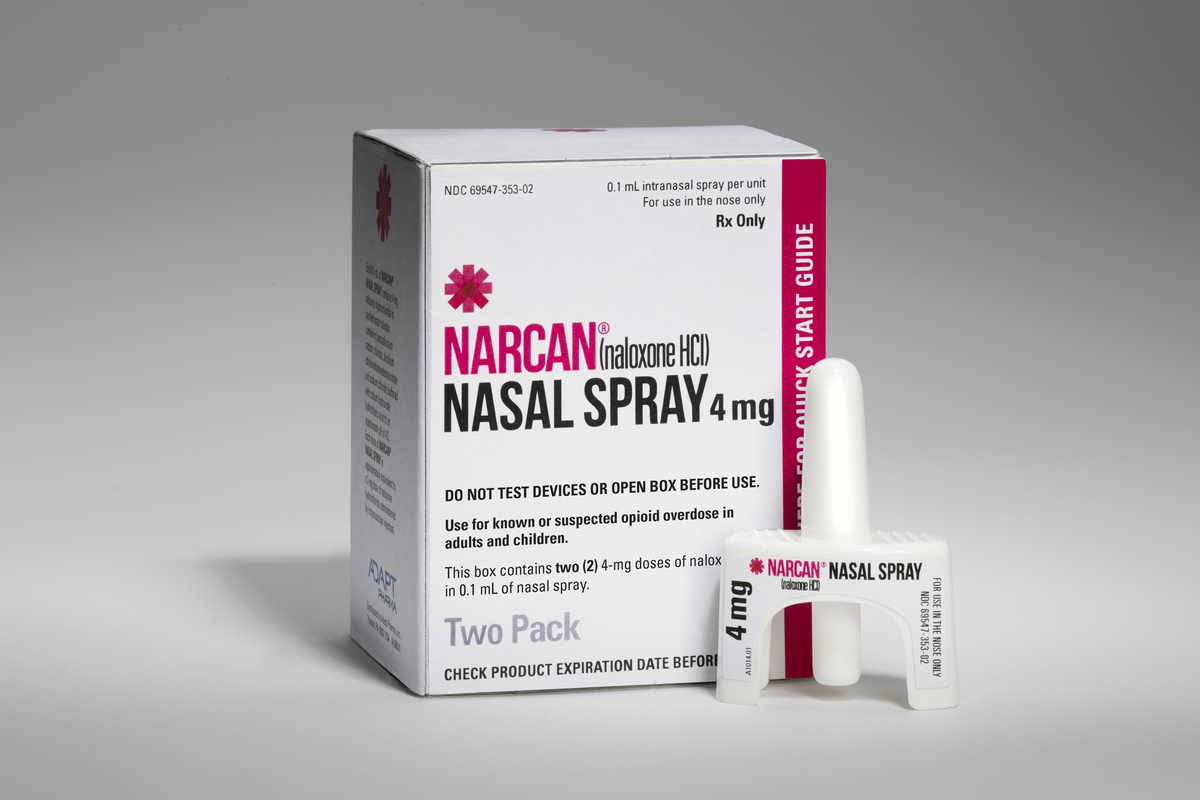
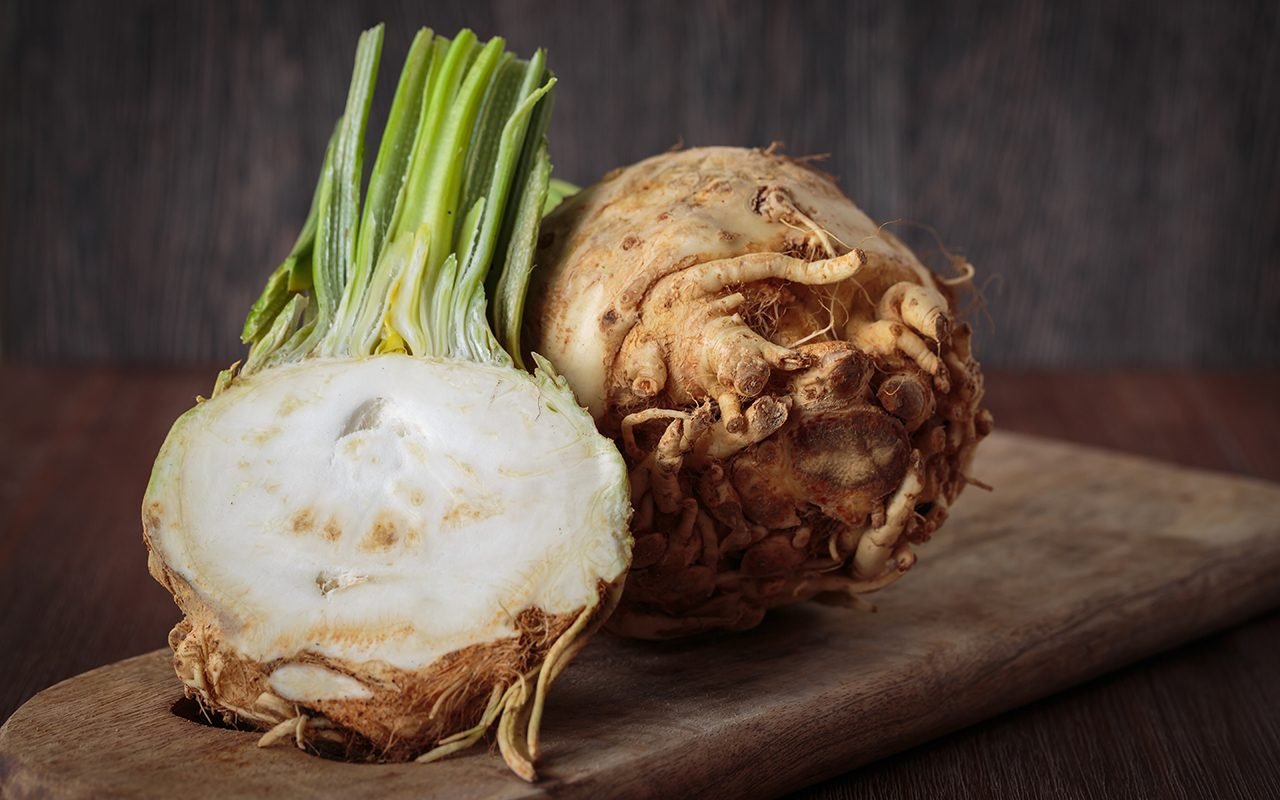
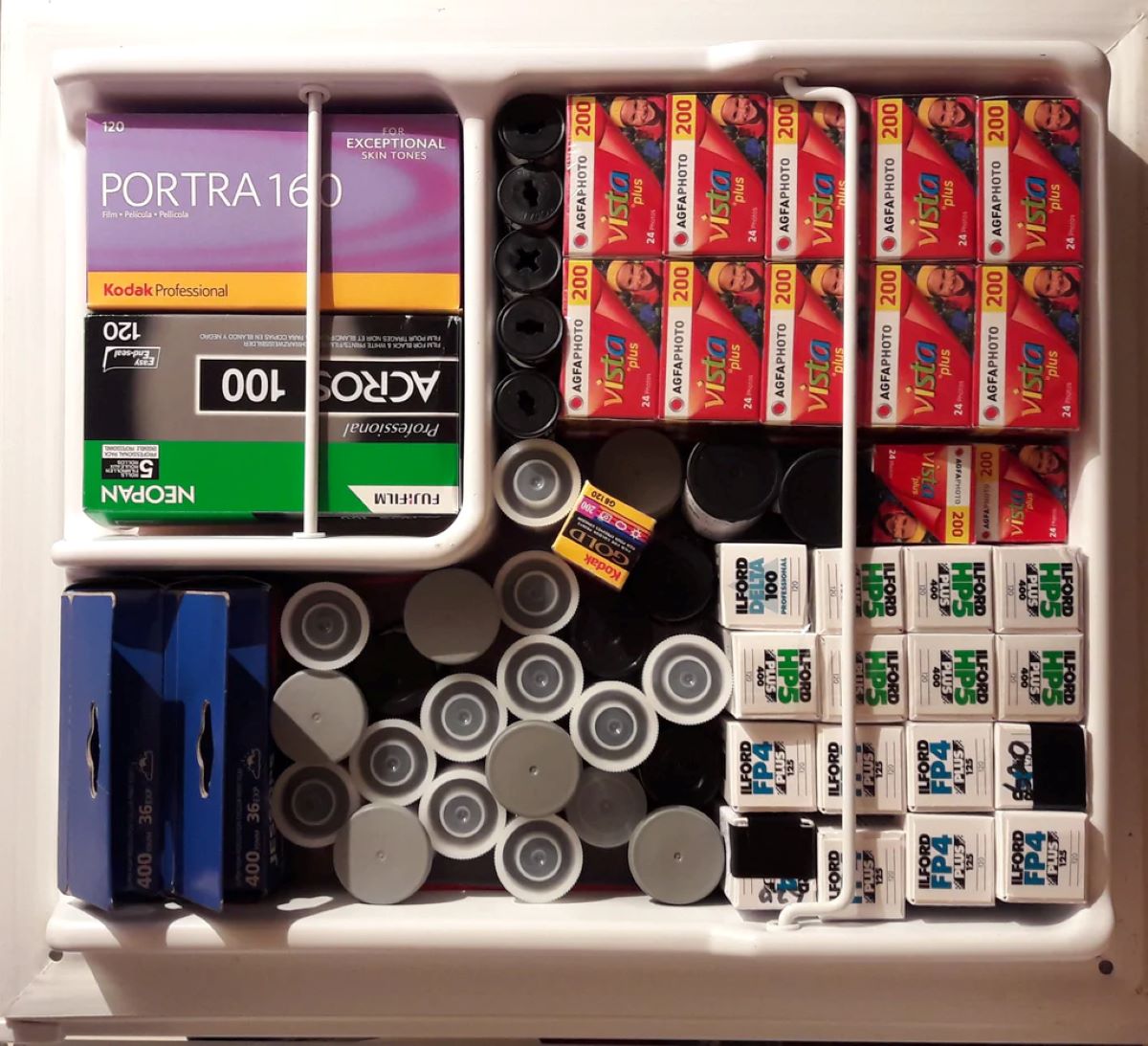


0 thoughts on “How To Store Vermouth”